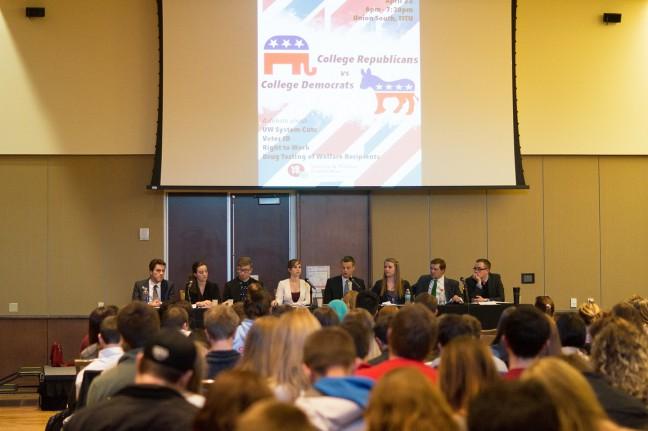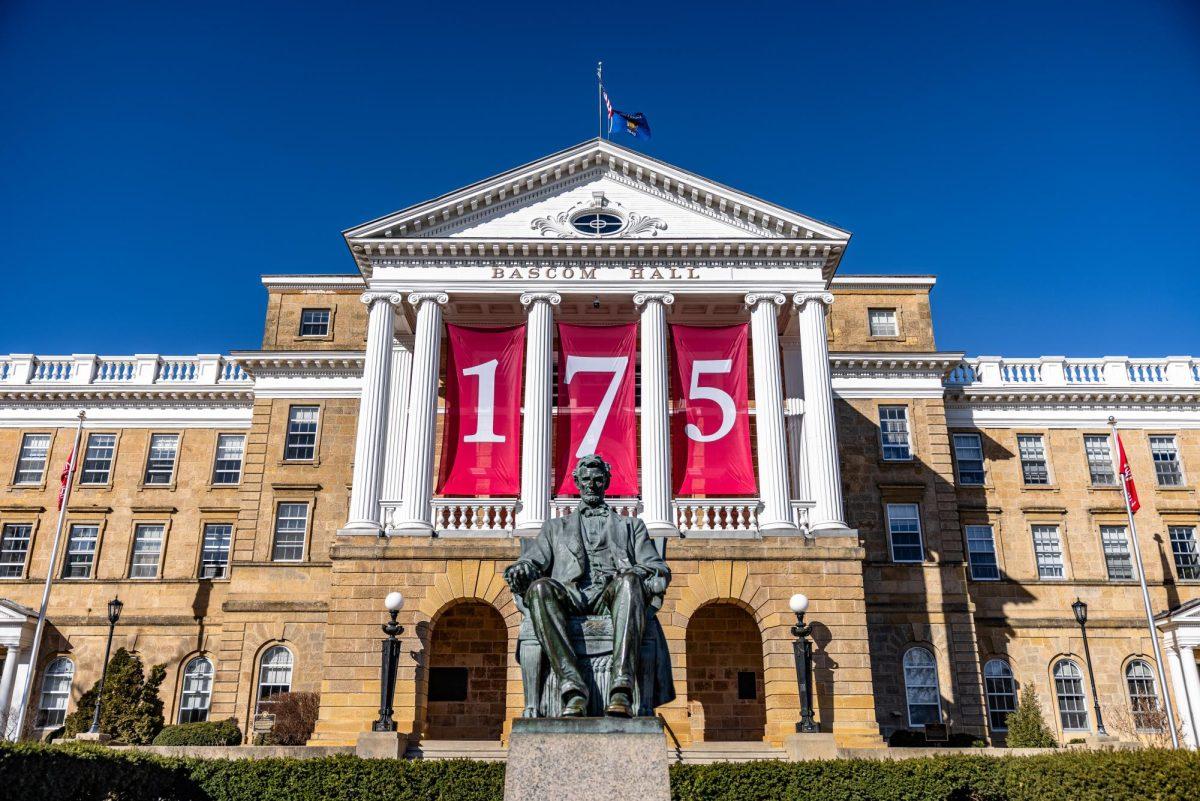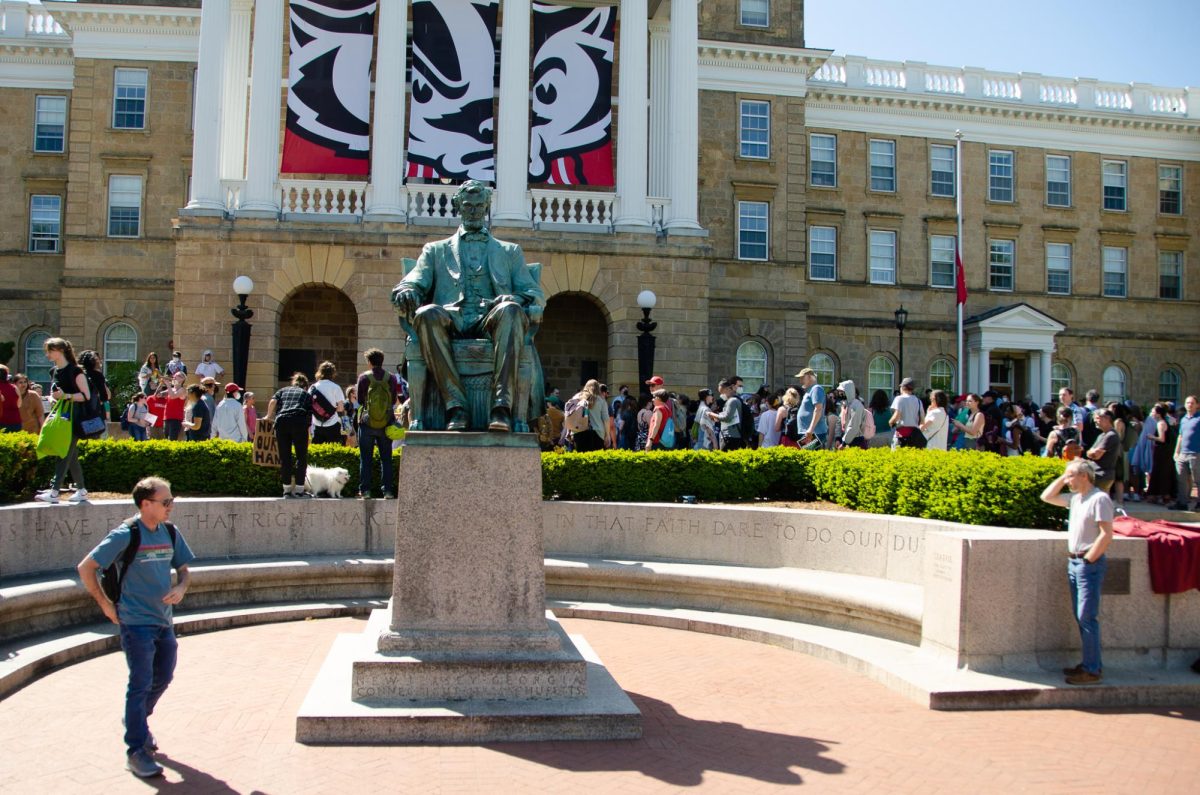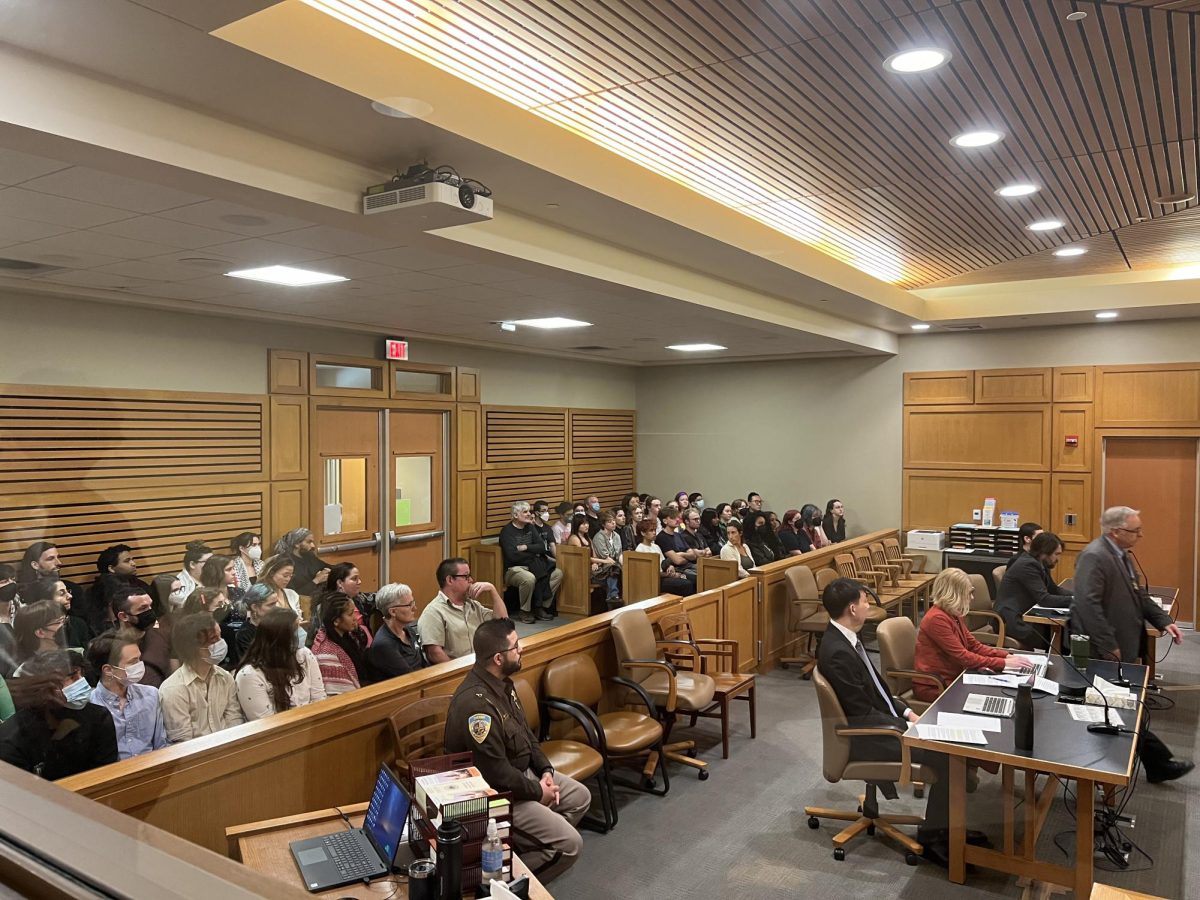University of Wisconsin College Democrats and College Republicans engaged in a moderated debate about UW System cuts, voter ID laws and Right to Work at Union South Thursday.
UW System Cuts
Seventy percent of Wisconsinites, including many Republicans, oppose the $300 million budget cuts to the university, College Democrats spokesperson Joseph Waldman said.
Walker’s cuts will make college less affordable, especially for low-income students who will face decreased financial aid in addition to out-of-state students, who will have to pay increased tuition rates, Waldman said.
“If dedicated intelligent students from working class backgrounds can’t afford to go here, we really can’t say that the Wisconsin idea is alive and well,” Waldman said. “In fact it’s a betrayal of our school’s mission and of Wisconsin values.”
The tuition increase was intended by Chancellor Rebecca Blank, who publicly stated it has been her prerogative and goal to raise tuition for out-of-state students since 2011, before the recent cuts were announced, Anthony Birch, media director for College Republicans, said.
Bills supported by some Republican lawmakers, instead of just giving less money, have given the UW System the opportunity to have more autonomy while still adhering to state standards, Birch said.
“Instead of having this debate about the impact of the cuts we should be having a debate about how we will put this plan together to make this not hurt as much, and how we could make an autonomy plan work for the university,” Birch said.
Voter ID
All Wisconsin voters will need an ID to vote in the upcoming 2016 elections, Jenny Tasse, vice chair for College Democrats, said.
External circumstances can make it difficult to obtain an ID, especially for low income and minority voters, Tasse said. The 300,000 Wisconsinites without IDs should not be denied the civic liberty of voting, she said.
“We are one of the states in which voting is actually a right, it’s in our constitution,” Tasse said. “Even though that’s on the table, we need to make sure we’re protecting that in every single way possible.”
Wisconsin’s voter ID law is nearly identical to Indiana’s voter ID law, which the United States Supreme Court proved constitutional in 2008, Charlie Hoffmann, former chairman of College Republicans, said.
In the past Democrats have argued that voter ID laws specifically ‘disenfranchise’ minority voters, Hoffmann said. A study found that the difference between white people and black people lacking IDs is 3 percent compared to 2 percent.
“These laws are not meant to disenfranchise or discourage citizens from voting, instead they serve to protect the integrity of our elections,” Hoffmann said. “Fraud exists in our elections and voter ID laws are a simple, reasonable way to prevent some of this fraud.”
Right to Work
Wisconsin’s Right to Work legislation does not disallow workers from staying in their unions, Courtney Mullen, chair of College Republicans, said.
Mullen said from 1990 to 2014 total employment grew more than twice as fast in Right to Work states than non-Right to Work states.
“Right to Work is right for Wisconsin, just like freedom is right for every citizen of the United States of America,” Mullen said.
Right to Work is sponsored by and benefits the Walker administration’s corporate donors, and workers are not benefitting from the law, Danny Levandoski, data director for the College Democrats, said.
The percentage of Union membership is almost triple in non-Right to Work states. Seven out of the 11 highest unemployment rates are Right to Work states and eight out of the 10 highest poverty rates in the country are Right to Work states, Levandoski said.
“If this legislation is so great for the working class, the economy and all of Wisconsin, then why didn’t [Walker] run on this issue?” Levandoski said. “This is because it is clear the only freedom Right to Work gives workers is the freedom to work in a worse environment for less benefits and lower wages.”
Correction: A previous version of this story misspelled Charlie Hoffmann’s name. Joseph Waldman was misidentified as Danny Levandoski. We regret the errors.














